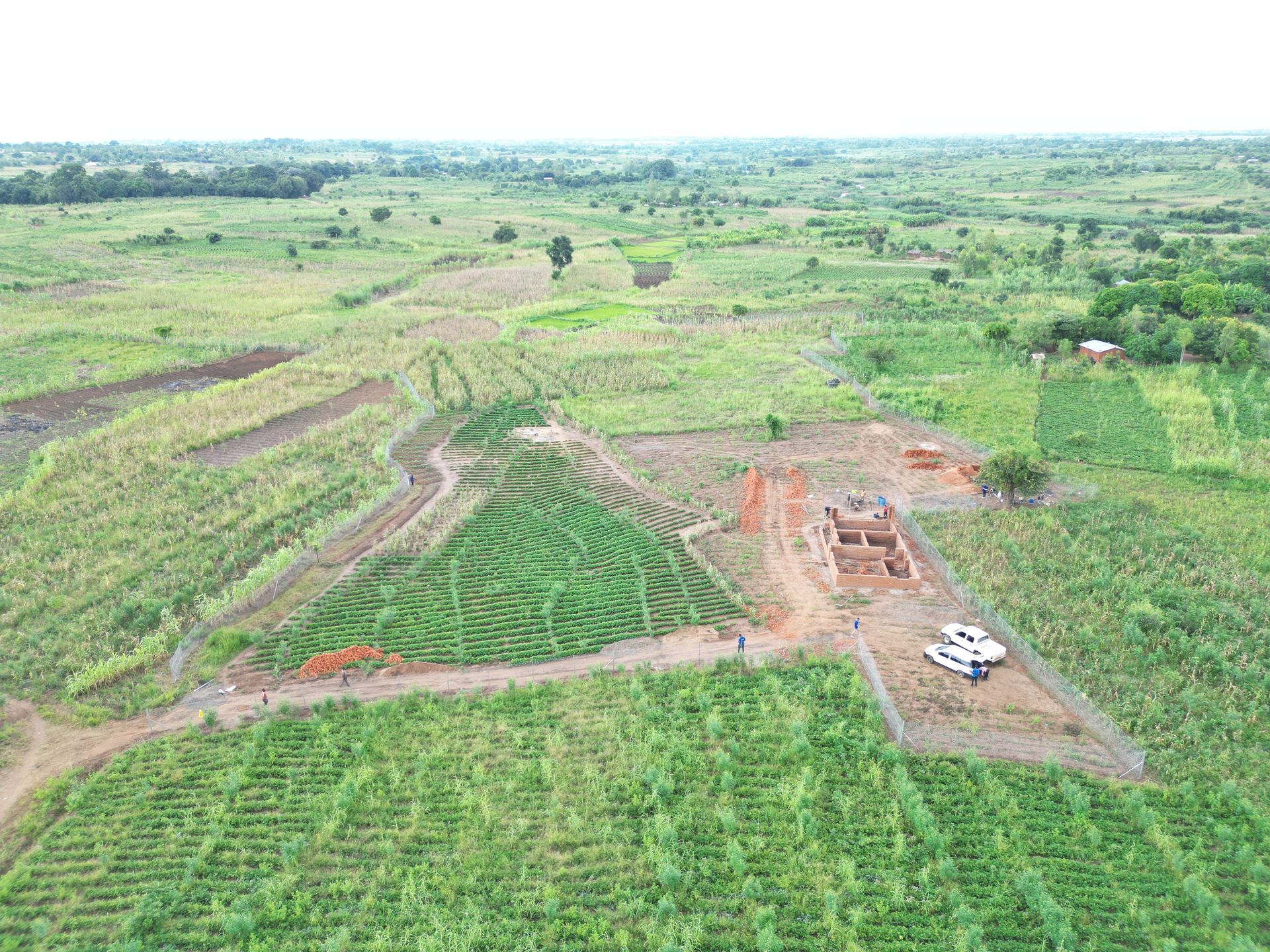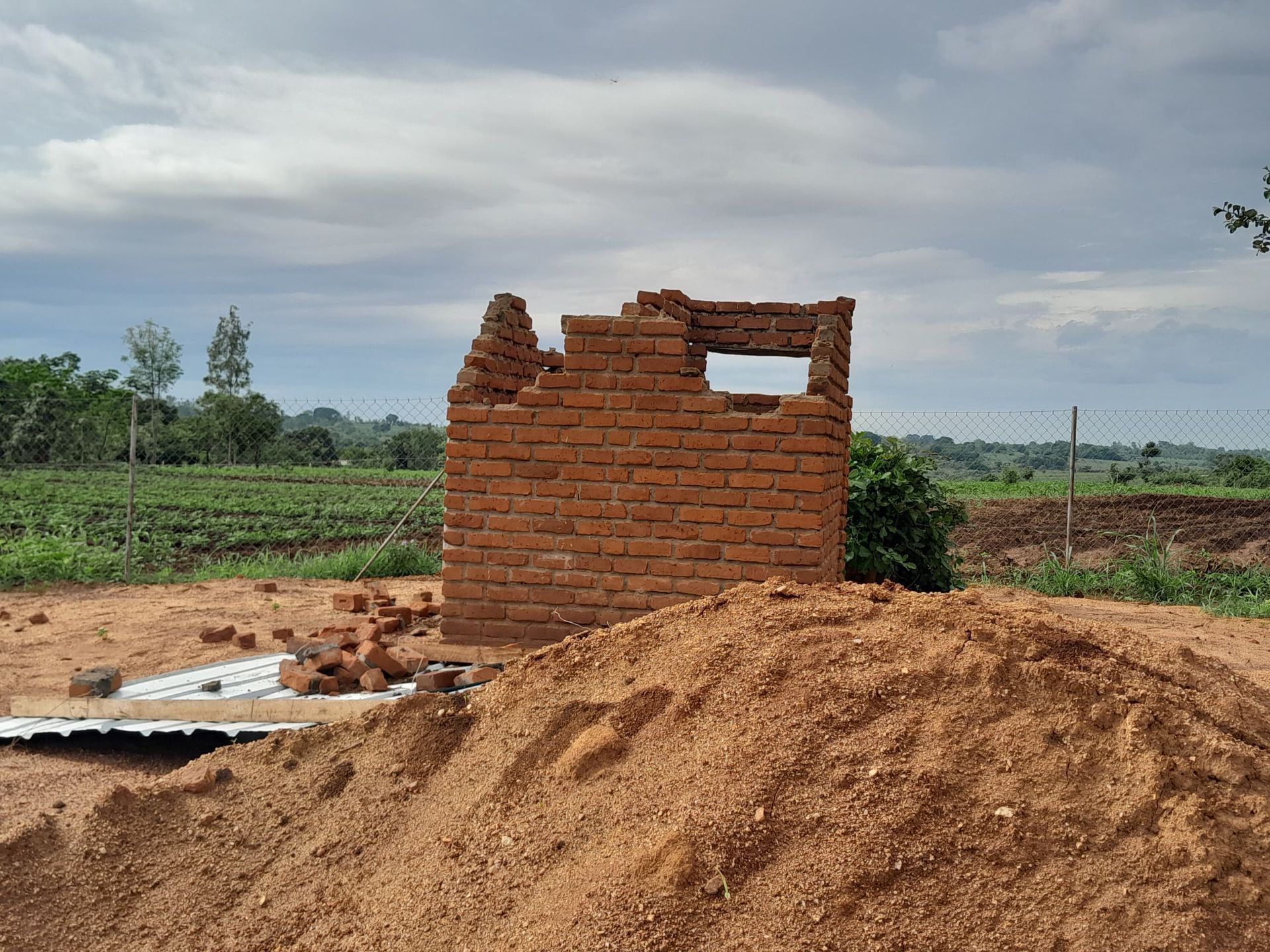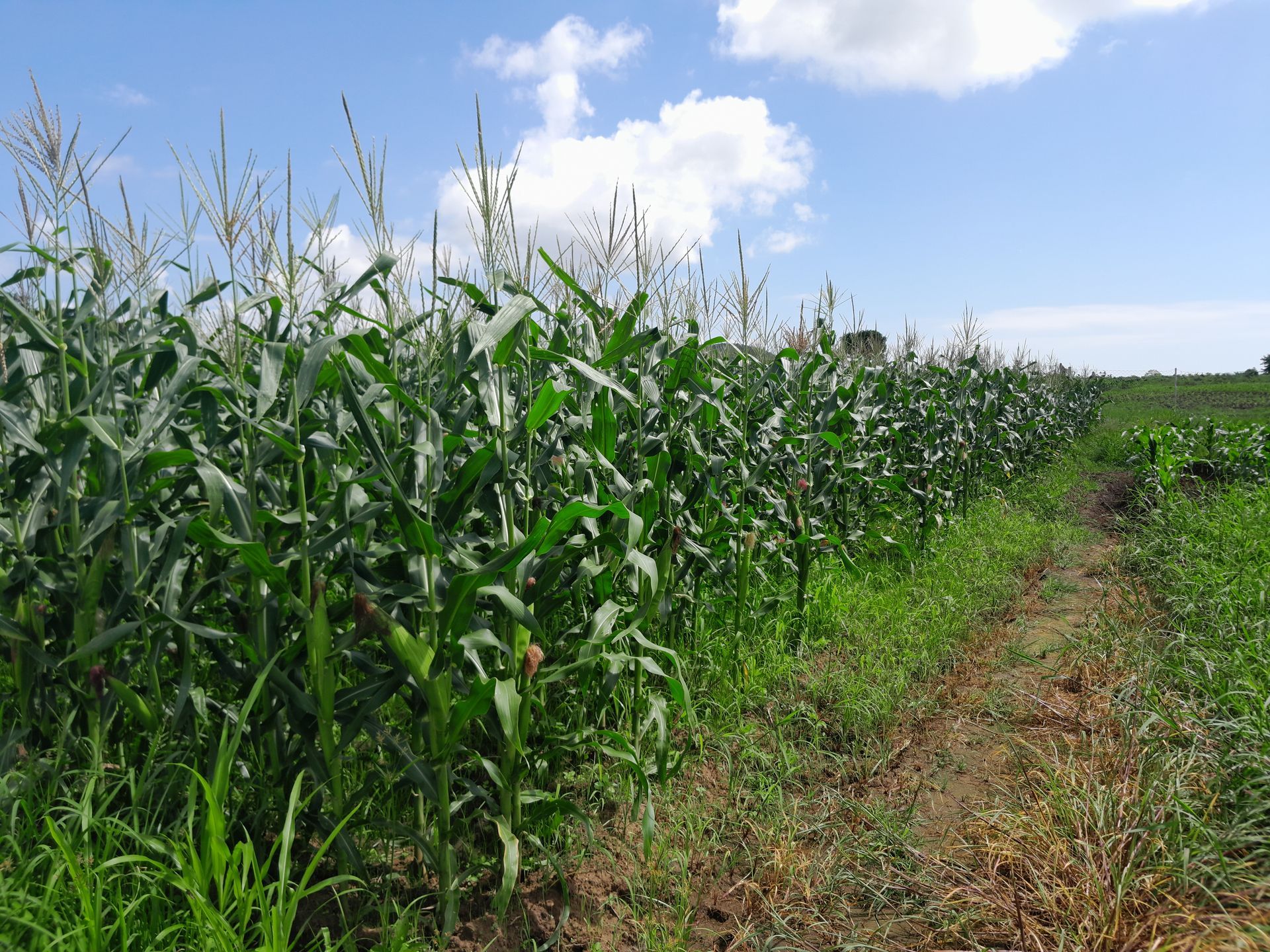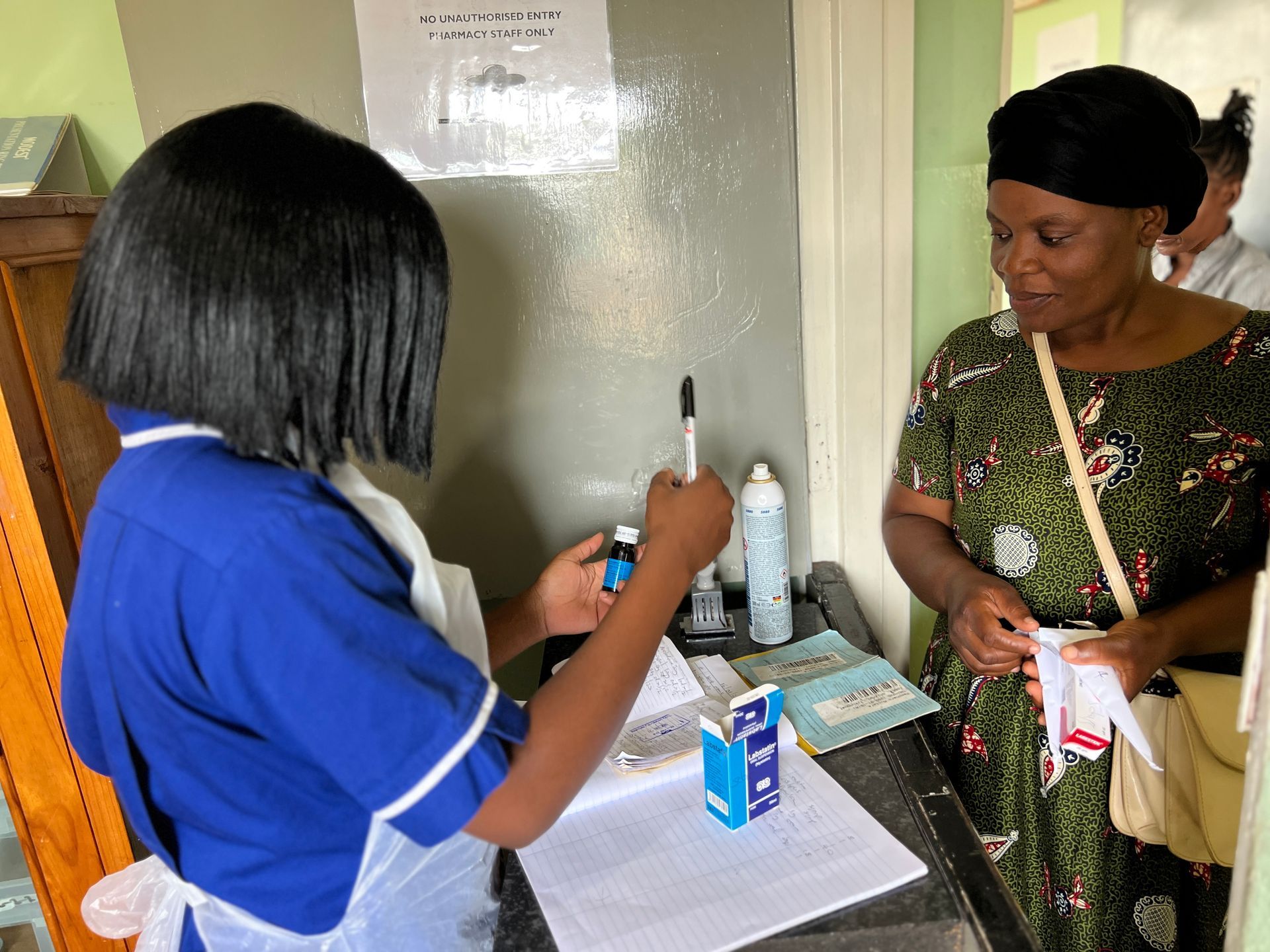Global Crises, Local Impact: How Malawi Faces Climate and Conflict Challenges
Malawi is on the frontlines of global crises. Cyclone Deirdre, though less devastating than Cyclone Freddy, ripped off the roof of Sparkle Farm’s newly built toilet - a frustrating setback as we work toward sustainable feeding programmes. Adding to the strain, delayed rains now push planting seasons from December to late January, shrinking growing periods and increasing crop failure risks. With 80% of Malawians relying on agriculture, the situation is dire. Last year’s harvests already fell short, leaving many vulnerable to hunger.
Ripple Effects of Global Conflicts
Global conflicts amplify these challenges. Mozambique, once a food lifeline, is now hindered by insurgencies. The war in Ukraine has created fertiliser shortages, not just price hikes. With Ukraine being a key supplier, farmers in Malawi are unable to access critical agricultural inputs, further threatening yields. As aid is diverted to other global crises, like Palestine, African nations like Malawi are left struggling with fewer resources to tackle mounting issues.
Climate Change and Inequality
Climate change compounds the crisis. Though Malawi contributes less than 0.1% to global emissions, it’s among the top 10 most climate-vulnerable countries. Cyclones, floods, and droughts are increasingly frequent, forcing communities into a relentless cycle of rebuilding. In rural areas, a lack of knowledge about sustainable practices leaves farmers using the same overworked land year after year, depleting soil quality and further reducing crop productivity.
Sparkle’s Response
At The Sparkle Foundation, we’re fighting back:
- Sustainable Farming: Sparkle Farm uses climate-smart practices like crop rotation and conservation farming to protect the land and maximise yields.
- Feeding Programmes: Hundreds of children receive daily meals, their lifeline amid rising food insecurity.
- Education and Advocacy: We are aiming to work with community members to share knowledge about sustainable practices while amplifying the voices of those most impacted.
Join Us in Making a Difference
Malawi’s story reflects a global reality - no crisis exists in isolation. From climate change to conflict, the ripple effects are felt worldwide. By supporting Sparkle, you help create resilience and ensure a brighter future for Malawi’s children. Together, we can tackle these challenges head-on. Let’s act now.





